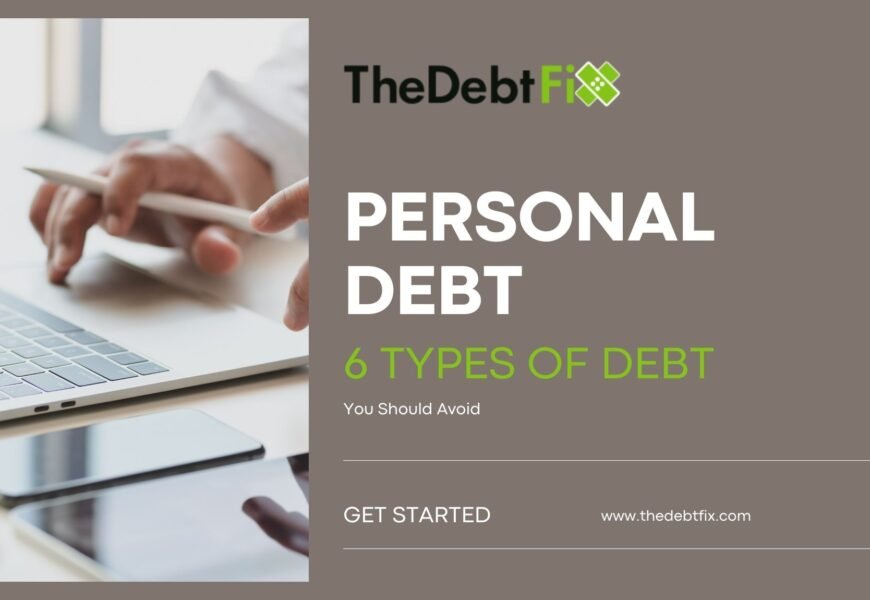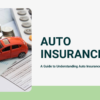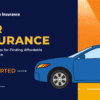Debt can be a useful financial tool when managed correctly, but not all types of debt are created equal. Some forms of borrowing can be detrimental to your financial health, leading to high interest rates, hidden fees, and long-term financial stress. Here’s a look at six types of debt you should strive to avoid.
1. Payday Loans
Payday loans are short-term loans that are meant to cover immediate expenses until your next paycheck. While they may seem convenient, payday loans come with extremely high interest rates—often exceeding 400% annually—and fees that can trap borrowers in a cycle of debt. Missing a payment can lead to steep penalties, making it incredibly hard to pay off the original loan amount.
2. Credit Card Debt
Credit cards can be a handy way to pay for everyday expenses and earn rewards, but carrying a balance from month to month can quickly become unmanageable. High interest rates, typically ranging from 15% to 25%, can make even small purchases turn into expensive liabilities if not paid off promptly. To avoid falling into credit card debt, pay your balances in full each month and avoid unnecessary purchases.
3. Auto Title Loans
Auto title loans are secured loans that use your car’s title as collateral. These loans are known for their high-interest rates and short repayment terms, which can result in losing your vehicle if you fail to repay on time. The risk of losing a valuable asset combined with costly interest and fees makes auto title loans one of the worst forms of debt.
4. Rent-to-Own Agreements
Rent-to-own agreements might seem like an easy way to obtain furniture, electronics, or appliances without paying the full price upfront. However, the reality is that these agreements often come with hidden fees and interest rates that can cause the total cost to be two to three times higher than if you had purchased the item outright. Avoid these agreements by saving up and purchasing items directly whenever possible.
5. Personal Loans with High Fees
While personal loans can be useful for consolidating debt or funding major expenses, be wary of loans that come with high origination fees, prepayment penalties, or variable interest rates. Always shop around for the best terms, and read the fine print to understand all associated costs before committing to a personal loan.
6. 401(k) Loans
Borrowing from your 401(k) might seem like a good option since you’re essentially borrowing from yourself, but it comes with significant downsides. Not only will you miss out on potential investment growth, but if you leave your job, you may be required to repay the loan within a short period. Failing to do so can lead to taxes and penalties, making this type of loan a risky financial move.
Final Thoughts
Debt can be a helpful tool when used wisely, but it’s essential to be aware of the types of debt that can hurt your financial well-being. By avoiding these risky forms of borrowing, you can protect your financial future and work towards building wealth rather than paying interest. Always seek alternatives, such as saving, budgeting, or exploring low-cost loan options, before resorting to high-risk debt.
















